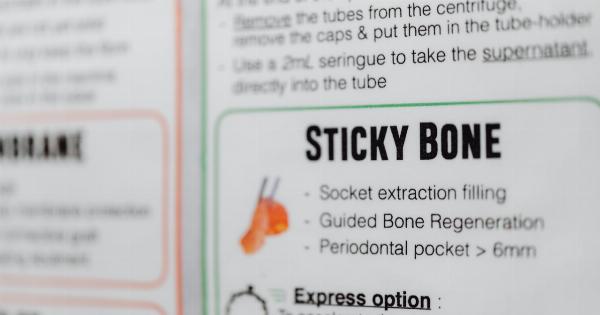Premature ejaculation (PE) is a common sexual dysfunction among men, affecting the satisfaction and quality of their sexual intercourse. Studies have found that over 30% of men experience premature ejaculation at some point in their lives.
While there are various treatments available, including medication, behavior therapy, and natural remedies, masturbation has also been found to be a helpful tool in overcoming premature ejaculation. In this article, we will explore the benefits of masturbation in overcoming premature ejaculation.
What is Premature Ejaculation?
Premature ejaculation refers to the inability of a man to control or delay ejaculation during sexual intercourse, resulting in unsatisfactory sexual experiences for both partners.
According to the Diagnostic and Statistical Manual of Mental Disorders, premature ejaculation is classified as ejaculating within one minute of penetration for at least 75% of sexual encounters. However, this time limit is subjective and may vary between individuals.
Causes of Premature Ejaculation
Premature ejaculation can be caused by various factors, including psychological, physical, and environmental influences.
The most common factors that contribute to premature ejaculation are anxiety, stress, depression, hormonal imbalances, prostate problems, and substance abuse.
How Masturbation Can Help with Premature Ejaculation
Masturbation involves self-stimulation of the genitals to achieve sexual pleasure. It is a natural and safe method for individuals to learn about their bodies, sexual preferences, and sexual responses.
Masturbation can help men overcome premature ejaculation in the following ways:.
1. Control Over Ejaculation
Masturbation allows individuals to understand their sexual responses, including the level of arousal and the timing of ejaculation.
Through masturbation, men can learn to control their ejaculation by slowing down their pace, focusing on their breathing, and experimenting with different techniques. This practice can help men maintain an erection for a longer time, leading to better sexual experiences with their partner.
2. Reducing Anxiety and Stress
Anxiety and stress are common factors that contribute to premature ejaculation. Masturbation can help individuals release sexual tension, reduce anxiety, and promote relaxation.
By masturbating before sexual intercourse, men can reduce the pressure to perform and alleviate feelings of anxiety and stress that may cause premature ejaculation.
3. Strengthening Pelvic Muscles
The pelvic floor muscles are responsible for controlling ejaculation and achieving orgasm. By masturbating, men can strengthen their pelvic muscles, leading to better control over ejaculation and a more satisfying sexual experience for both partners.
Kegel exercises, which involve contracting and relaxing the pelvic muscles, can also help strengthen the muscles and improve ejaculatory control.
4. Improving Sexual Confidence
Sexual satisfaction and confidence are closely related. Men who experience premature ejaculation may feel inadequate and lack confidence in their ability to satisfy their partner sexually.
By masturbating, men can learn more about their bodies and sexual responses, leading to better sexual confidence and a more satisfactory sexual experience.
5. Delayed Gratification
Masturbation involves delayed gratification, a practice that can help individuals maintain control over their sexual responses.
By delaying ejaculation during masturbation, men can learn to control their impulses and improve their ability to control ejaculation during sexual intercourse.
Conclusion
Masturbation is a safe and effective tool for men to overcome premature ejaculation. It allows men to learn about their bodies, sexual responses, and gain control over their ejaculation.
Masturbation can also reduce stress and anxiety, strengthen pelvic muscles, improve sexual confidence and lead to a more satisfying sexual experience for both partners.




























